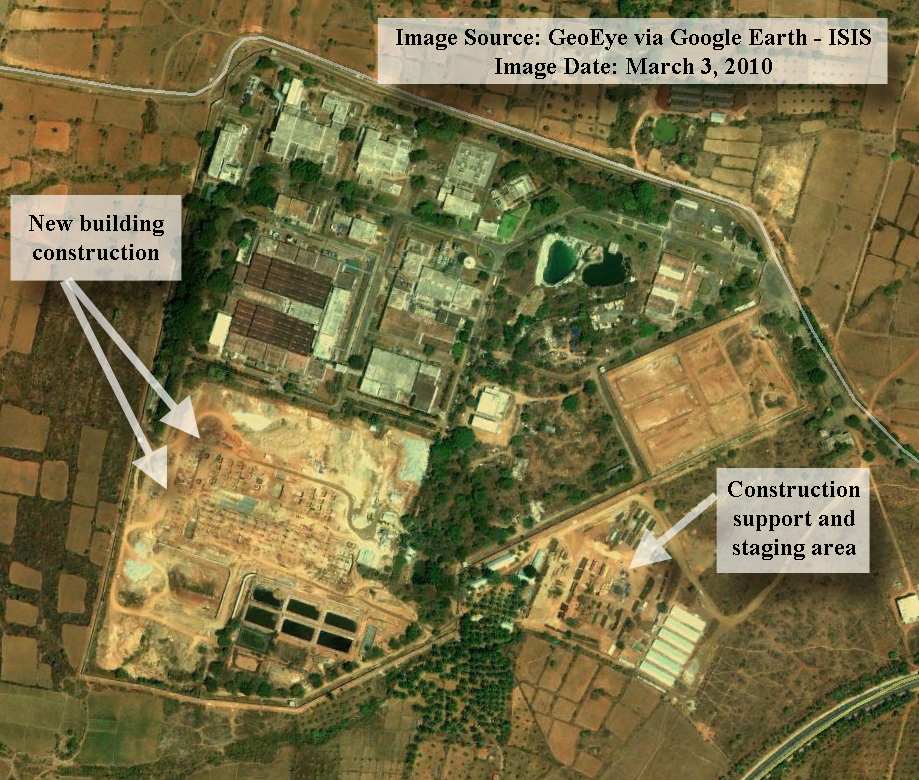Wednesday, June 30, 2010 -Pakistan is considering imposing strong penalties that include the death sentence for those found guilty of developing, producing or deploying biological weapons, The News reported today (see GSN, Jan. 6).
Islamabad's governing Cabinet is set to consider legislation containing the proposed penalties today at the request of the nation's Foreign Office. The biological weapons measure, needed for Islamabad to fulfill international commitments, would move on for a parliamentary vote after receiving approval from the Cabinet.
Pakistan is a member state to the Biological Weapons Convention.
Under the draft law, use or attempted use of biological agents in Pakistan or other nations would be punishable by death. Those found to have prepared, produced, purchased, stockpiled or sold biological weapons on Pakistani land could be imprisoned for life.
Foreign Secretary Salman Bashir notified the Cabinet that the proposed measure would apply to Pakistani citizens whether they violate the weapons ban inside or outside the country. The law would also apply to visitors to the South Asian nation.
Technology related to biological weapons and delivery technology including engineering designs and how-to guides would also be outlawed, though the proposed law would allow research work carried out for scientific purposes or to develop countermeasures.
Individuals found guilty of physically supporting or financially aiding the violation of the biological weapons ban could be fined and face prison sentences up to life imprisonment (Rauf Klasra, The News, June 3 More >>>
Brief overview of BWC Treaty Click Here





